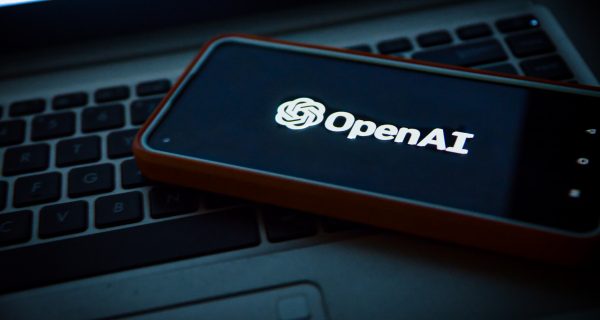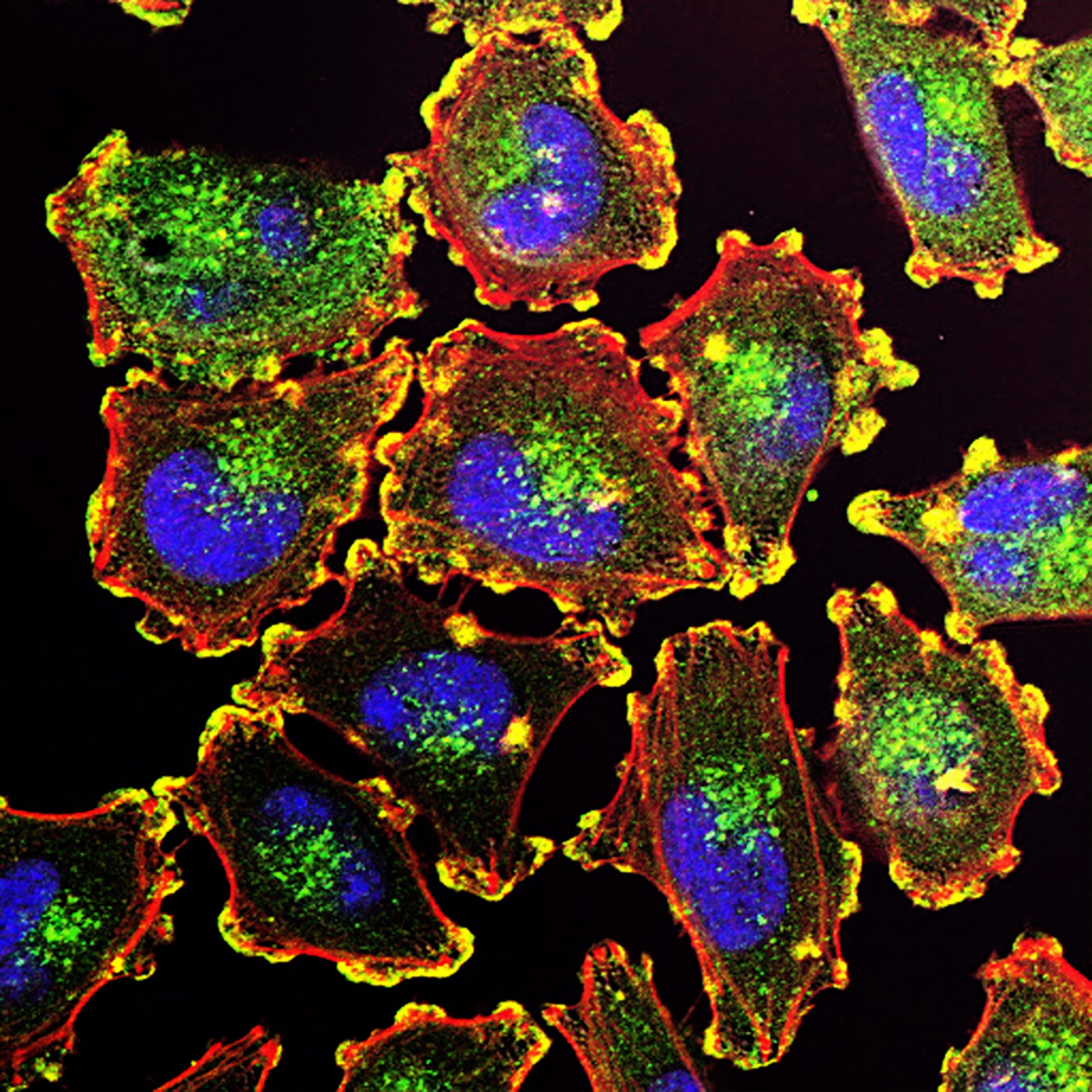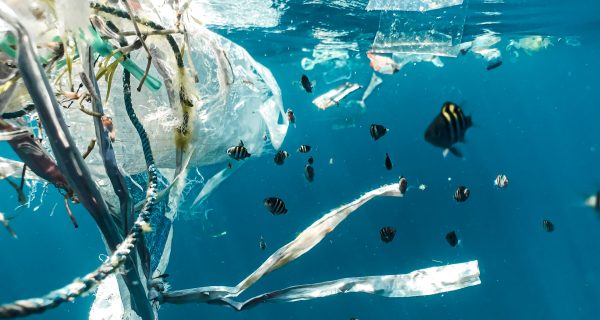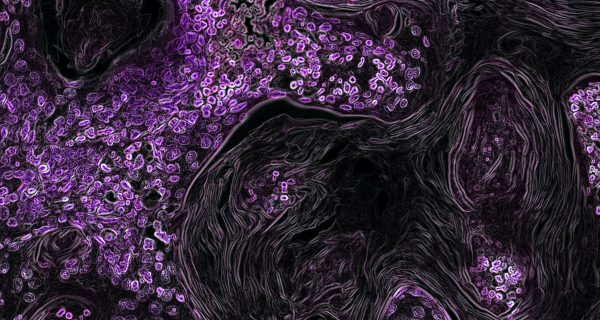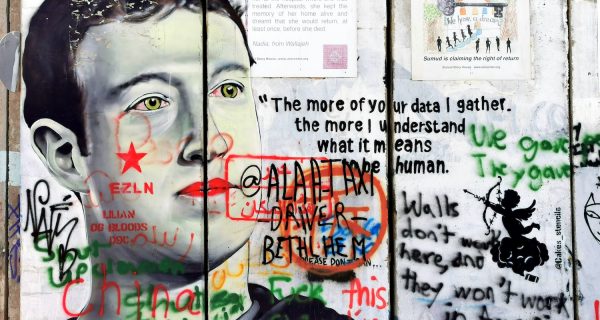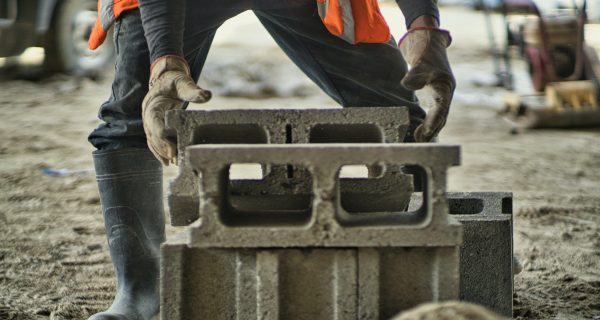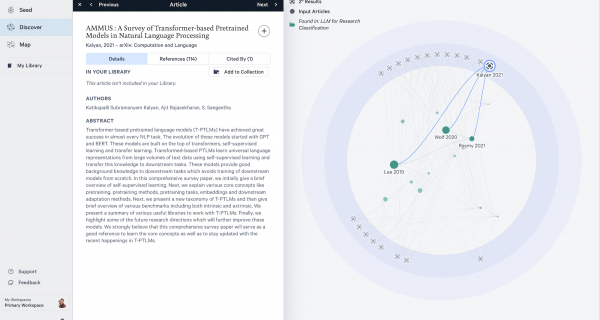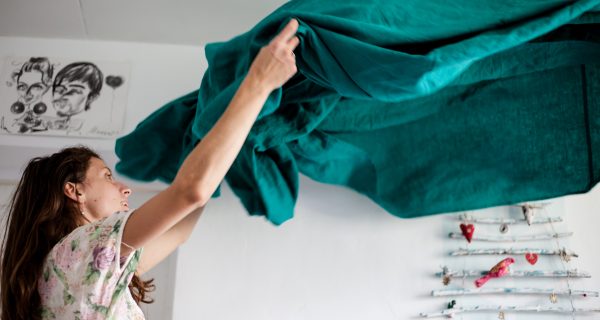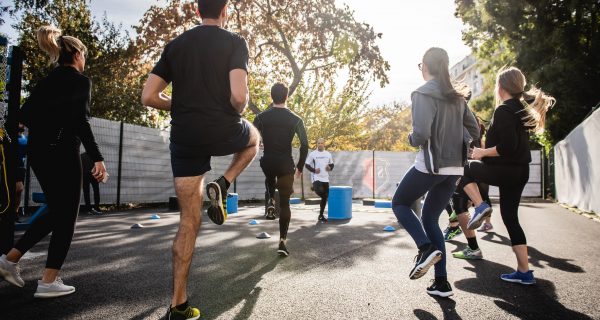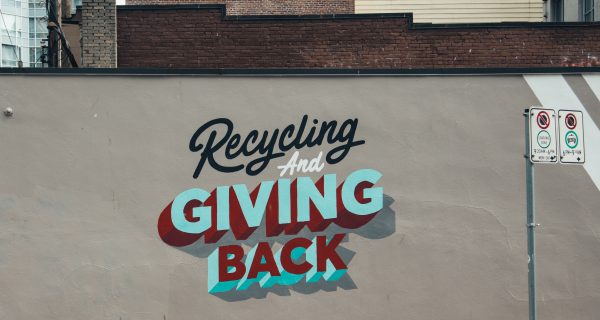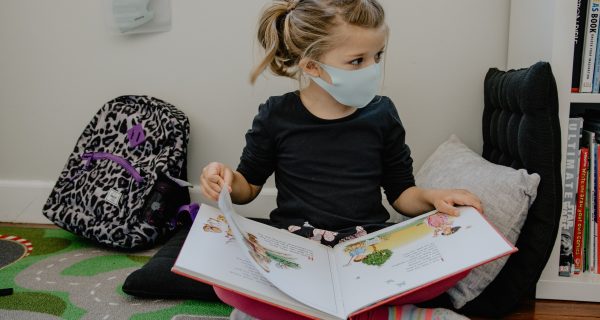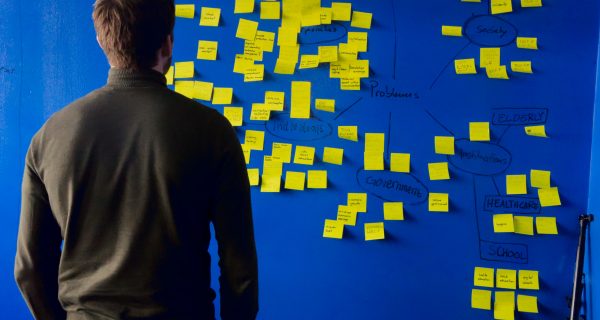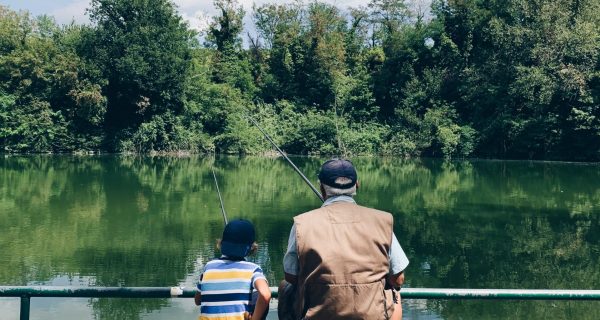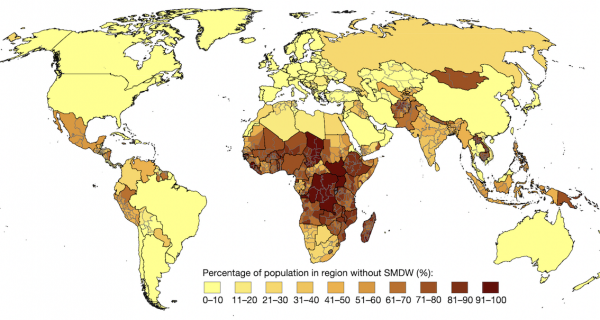Breaking Down Barriers in Cancer Communication: An Inside Look at ecancer’s Mission to Raise the Standards of Cancer Care
OA.mg works with ecancer to promote and disseminate the work of oncology professionals around the world.

About ecancer
ecancer was founded in 2007 by two oncologists, Prof. Gordon McVie and Prof. Umberto Veronesi. Frustrated by global inequalities in access to education and research, they were driven to create an open platform to share knowledge that would help raise the standards of cancer care – ecancer.org
Today, over 5,000 authors from all over the world have published in their open access journal.
We at OA.mg spoke to Katie Foxall, Head of Publishing at ecancer, to hear what this leading open access journal is doing to understand and address how her team is raising the standards of care for cancer patients across the world.
Katie Foxall joined ecancer almost 13 years ago, and today she leads the journal’s initiatives as Head of Publishing, which involves managing the publication, staff, and editorial development of this online open access medical journal.
Going back in time, what drew you to this opportunity to join ecancer?
KF: I had an interview with Prof Gordon McVie, the co-founder of ecancer, and was instantly inspired by his vision and commitment to breaking down barriers in cancer communication. I agreed with him then and still do now that knowledge should be free – it’s only by wide dissemination of the results of research at no cost that we can improve the lives of cancer patients worldwide. The journal was still in its infancy then and I was excited to join a small team which I knew had the potential to grow significantly and be at the forefront of the open access publication revolution.
“I agreed with him then and still do now that knowledge should be free – it’s only by wide dissemination of the results of research at no cost that we can improve the lives of cancer patients worldwide.”
Looking back at your time at ecancer, what is something that you and your team are proud of?
KF: Every time an author contacts the journal team and thanks us for our support, it makes all our hard work worthwhile. We treat authors as individuals and knowing that we are providing a service which is not only beneficial to authors’ careers but also contributes to better care for cancer patients in the areas of the world where the need is greatest is something we are proud of every day. Some of our authors lack publication experience but the research they are doing is of great value to the world – helping them to bring their articles up to international publication standards and then making sure they achieve the highest impact possible is very rewarding.
—
With Open Access, academic publishers are shifting their business models from pay-to-read to pay-to-publish. Instead of charging libraries for subscriptions to their journals, publishers are now charging authors & researchers to publish in their journals.
What do you think researchers and academics should have in mind when deciding where to publish?
KF: There are so many journals now that it must be very difficult sometimes for authors to choose which ones they should submit their work to. Of course, I would advocate for picking an open access journal every time – among other things, this makes it more likely that their work will be highly read and cited.
Other factors which are important include checking that the journal is included in trustworthy indexes like PubMed and a member of industry organisations such as the Committee on Publication Ethics. This is a way to make sure the journal is legitimate and not predatory. The Think.Check.Submit. checklist is a good way to cover all your bases as an author looking for a suitable publication venue.
I’d also recommend finding out whether the audience of the journal is the one you wish to reach as well as investigating what others’ experiences are of the publication process.
Lastly, if the journal has Open Access Publication charges and you do not have funding to cover this, it’s best to check if you are eligible for a full or partial fee waiver at the beginning of the process.
How does ecancer play a role in supporting authors & researchers through this process?
KF: At ecancer, we understand that authors are trusting us with work which they are likely to have put a lot of time and effort into, and we make sure that we communicate with them as much as possible throughout the process. If we feel that their work is not suitable for our journal, we inform them as quickly as possible, and suggest appropriate alternatives wherever we can.
If needed, we work with authors during the pre-submission process, to ensure that they understand the process and have prepared their manuscripts accordingly. We are able to offer personalised attention and develop individual papers to meet our standards, which are in line with professional guidelines on academic publishing.
We can also use “pre-peer review.” Knowing what peer reviewers like to see in papers – well-formatted and readable manuscripts, with clear statements, good grammar, legible figures, transparent methods and educational conclusions – we can work with authors to ensure that the papers that are sent to peer review are in their best state.
—
One of the largest benefits of Open Access is that it allows many more people across the globe to access research by removing economic barriers.
How do you think students, researchers, industry professionals, policy makers, and members from civil society should determine the quality of a research article beyond the number of citations, as more research becomes freely available?
KF: The number of citations and the journal Impact Factor are becoming less important when determining the quality of individual research articles. Organisations such as Sense about Science and Retraction Watch which challenge the misrepresentation of science are useful resources for all sections of society to use when checking the accuracy of the results of research.
Checking things such as appropriate sample size, detail provided on the research methods used and correctly applied statistical techniques is also important.
Of course, readers should also check that the article has been peer reviewed and published by a reputable journal. The Directory of Open Access Journals (DOAJ) is a good place to review the reputation of open access journals.
How does ecancer play a role in supporting students & researchers know where to publish and find reputable research?
KF: We visit Universities and conferences to give talks on our journal and on open access publishing in general, especially in those areas of the world where researchers have been excluded from the international publishing community.
We also run our own events in Lower and Middle Income Countries with the aim of educating the audience on how to publish their research, as well as updating them on the latest advances in cancer research and treatment.
An example of this is our Critical Appraisal Skills For Evidence-Based Practice conference in Nepal last year, which we hope to repeat every year and expand to other countries. This included talks on how to write a good academic paper, how to develop and read clinical guidelines and how to write a good peer review.
—
Many Open Access articles are published in local and national journals. This often means journal articles are in the local language, which isn’t as accessible on an international level.
How do you believe we should address the language bias of academic research in order to also reduce the duplication of research? How is ecancer addressing this problem?
KF: The majority of academic research is still only published in English, which can be exclusionary to large sections of the global population. This is a particular problem when you’re talking about a critical global issue such as COVID-19 or climate change, where the transfer of knowledge between communities worldwide is essential. Some journals do provide multilingual translated abstracts, but this can be costly, so there needs to be funding provided for this to become a widespread practice.
A lower level of English for many non-native authors also means that their manuscript is more likely to be rejected on the basis of the quality of the language rather than the science. At ecancer, we provide free English language editing (a service often charged for at other journals) at proof stage as well as working with our authors to ensure their manuscript is as legible as possible for reviewers.
We also accept submissions in Spanish, as well as English, and if the article passes peer review we translate them for free and publish in both languages.
—
High income countries are at an advantage in terms of research output and opportunities to publish in highly acclaimed journals with higher APCs (Article Processing Charge).
How do you think we can create a more equitable research culture? How is ecancer addressing this problem?
KF: There are many things which need to change to break down barriers in research publication – more equitable funding processes and policies, multilingual publication and research which is free or at least affordable to publish as well as read. Initiatives such as Research4Life which provides institutions in lower income countries with online access to academic peer-reviewed content go some way towards achieving this, but more needs to be done.
We have a Pay What You Can Afford APC model at ecancer, which means that only those authors who have funding for open access publication are asked to contribute towards the costs of publishing their article. Around 80% of our authors publish completely for free.
We have also introduced submission criteria which mean that we only accept papers which feature at least one author from a Lower and Middle Income Country (LMIC), or which have a significant impact on under-resourced settings. In this way, we can focus all of our resources on the global communities which need the most support.
Importantly, we’re led by local experts so that we can make sure we’re focusing on the right issues on cancer control and care in their region, and we only use peer reviewers who have a deep understanding of the local context. The majority of our Editorial Board are based in LMICs and under-resourced settings.
“We’re led by local experts so that we can make sure we’re focusing on the right issues on cancer control and care in their region, and we only use peer reviewers who have a deep understanding of the local context.”
We at OA.mg remain committed to promoting open access content and to work alongside Open Access journals that fight for a more equitable research culture. To support and find out more about ecancer, visit ecancer.org
ecancer was recently in Nepal, explore the latest conference coverage on “Critical appraisal skills for evidence-based practice” here ->
ecancer’s open access, ‘pay what you can afford’ journal removes the barriers that authors from under-resourced settings face to publishing their work and accessing relevant research. This is vital to improving patient care and best practices across the world by ensuring clinical decisions are based on locally relevant research and strives to address the global inequalities in scientific publishing.
“We need your support to allow our journal to continue running this way. Education Saves Lives.”
Donate to ecancer today.





